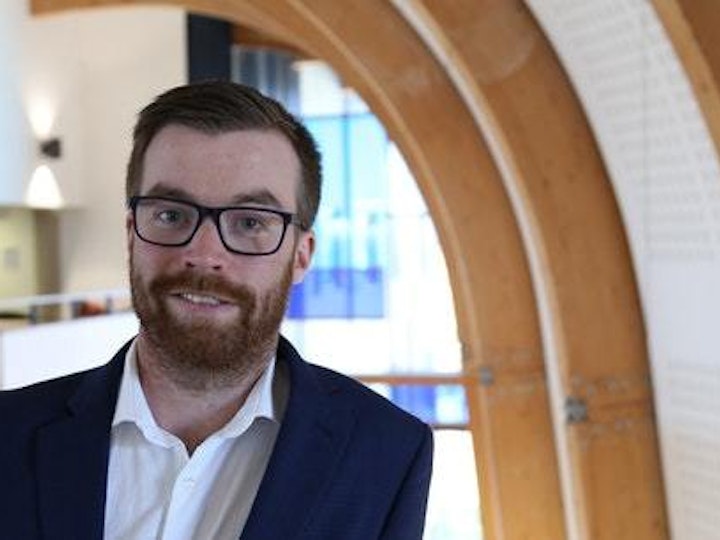Researchers awarded £1 million to investigate disruption-resilient manufacturing
The Engineering and Physical Sciences Research Council (EPSRC) has awarded Dr Phil Davies from Henley Business School and colleagues from the University of Warwick and Surrey Business School more than £1 million for research into disruption-resilient manufacturing.

Dr Phil Davies from Henley Business School and colleagues from the University of Warwick and Surrey Business School have been awarded more than £1 million for research into disruption-resilient manufacturing.
Funded by the Engineering and Physical Sciences Research Council (EPSRC), the research is titled “Responsive Additive Manufacturing to Overcome Natural and Attack-based disruption (RAMONA)”.
The importance and limitations of responsive manufacturing systems – those that are able to respond to minimise the impact of a disruption – in the UK have been brought to the fore by COVID-19. Traditional supply chain weaknesses have been exposed, creating a ‘watershed’ moment for additive manufacturing, which could be used to complement existing manufacturing supply chains and embed resilience within them.
This was evidenced by the Ventilator Challenge UK, where additive manufacturing was a key technology in supporting the production of thousands of ventilators for the NHS within 12 weeks.
Additive manufacturing has particular strengths in supporting distributed manufacturing, on-demand production, and rapid development and approval of part files. However, this type of responsive manufacturing capability is uncommon and requires further development before it can be embedded as an industry wide capability.
There is therefore a need, but also an opportunity, for the UK to become global leaders in responsive manufacturing. The research seeks to address this need and take advantage of opportunities presented by UK strengths in additive manufacturing by addressing the following challenges:
- how to develop effective techniques to detect disruption
- how to effectively and accurately analyse the disruption; and
- how to respond to disruption through reconfigured manufacture.
Dr Phil Davies, Lecturer in Operations Management in the Department of Business Informatics, Systems and Accounting at Henley, said:
“This award is an opportunity to engage in relevant and potentially very impactful research for the UK manufacturing industry. It is also an exciting opportunity to work in collaboration with other scholars, as well as leading organisations across a range of industries including automotive, defence, security and healthcare. I am looking forward to being part of a transdisciplinary team to address some of the key challenges manufacturing industries face today.”
Dr Davies will be working alongside colleagues from WMG International Manufacturing Centre at the University of Warwick, who are leading the project, and Surrey Business School at the University of Surrey. They will also be working with multiple project partners from industry, including Royal Berkshire NHS Foundation Trust and Thales Ltd.
The research will begin later in the year (September 2021) and is due to finish in early 2024. It received a total grant of £1,024,124. Find out more details of the grant.


